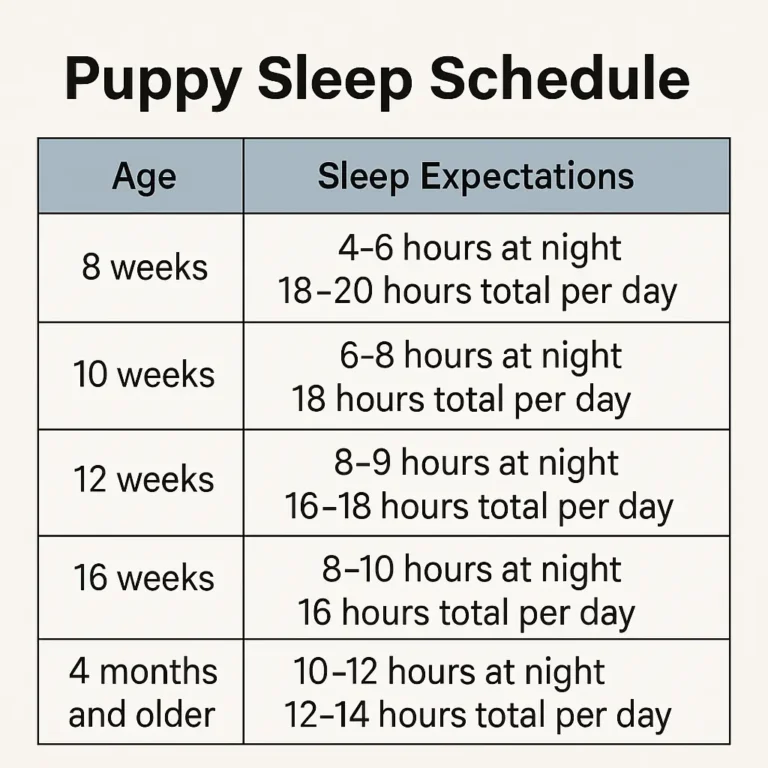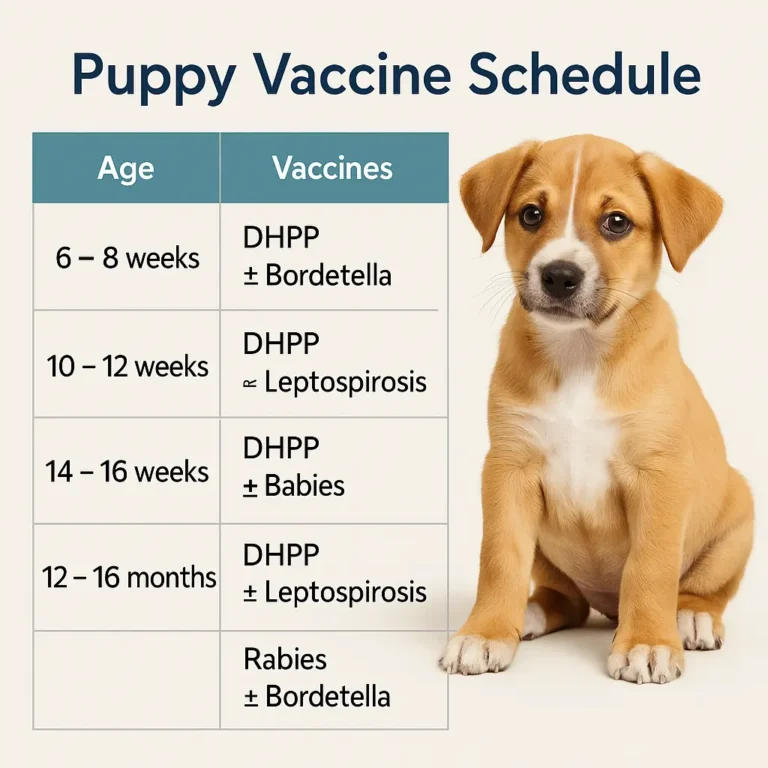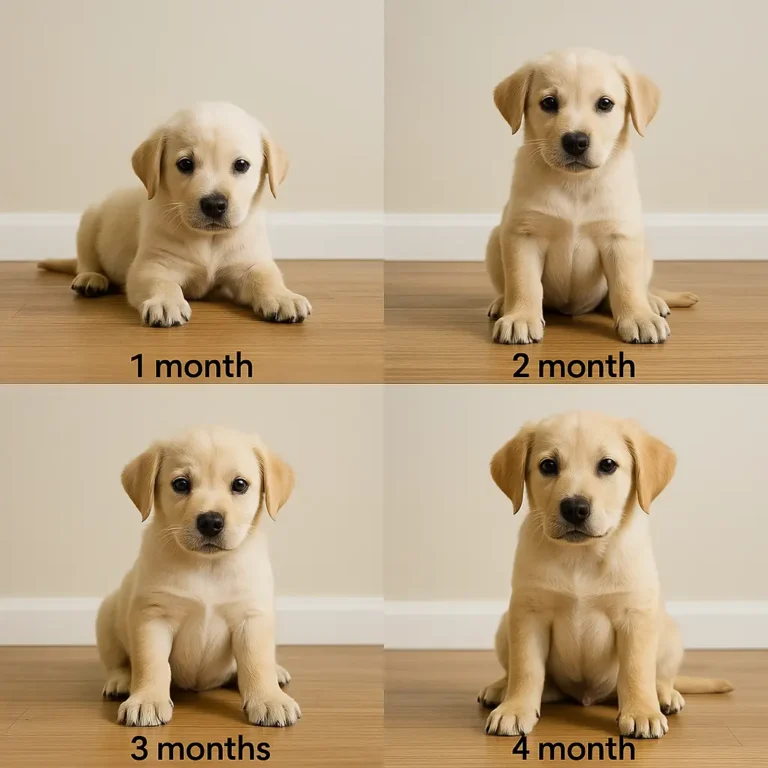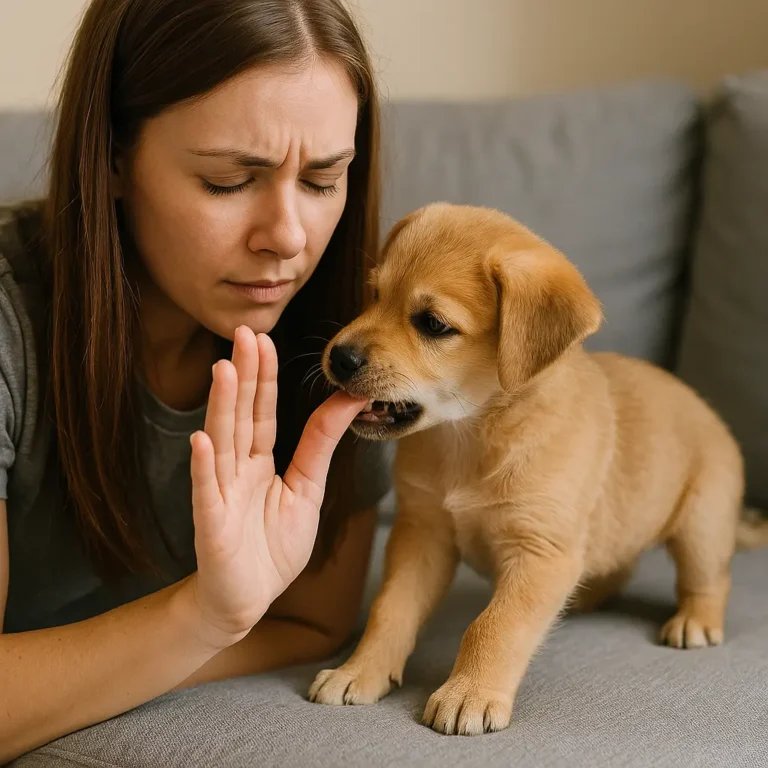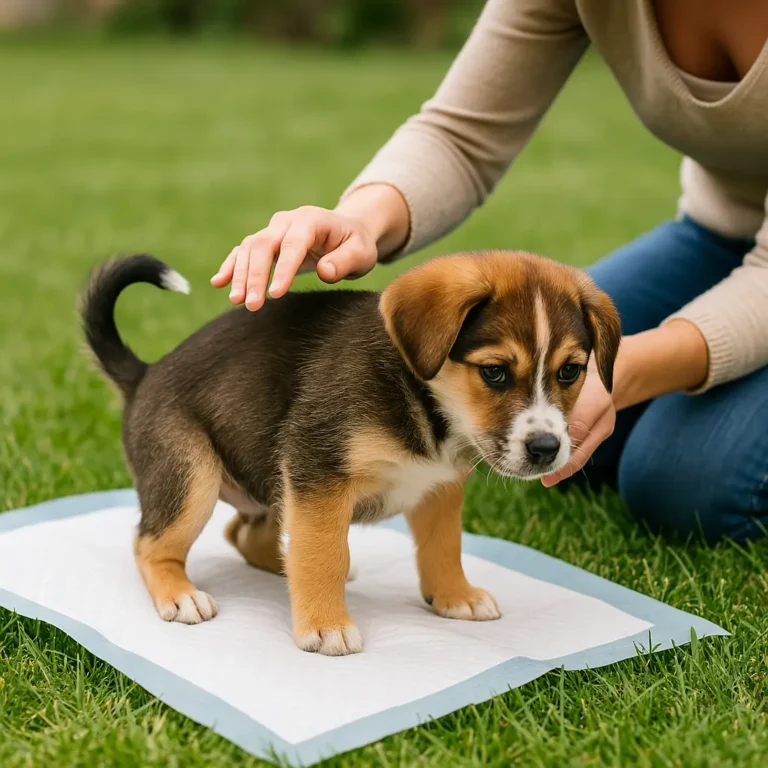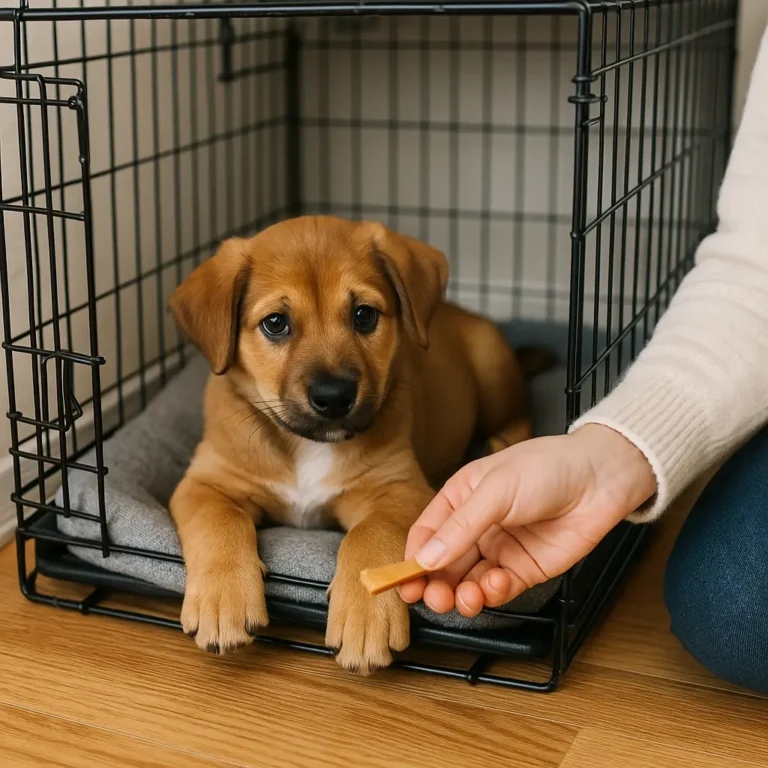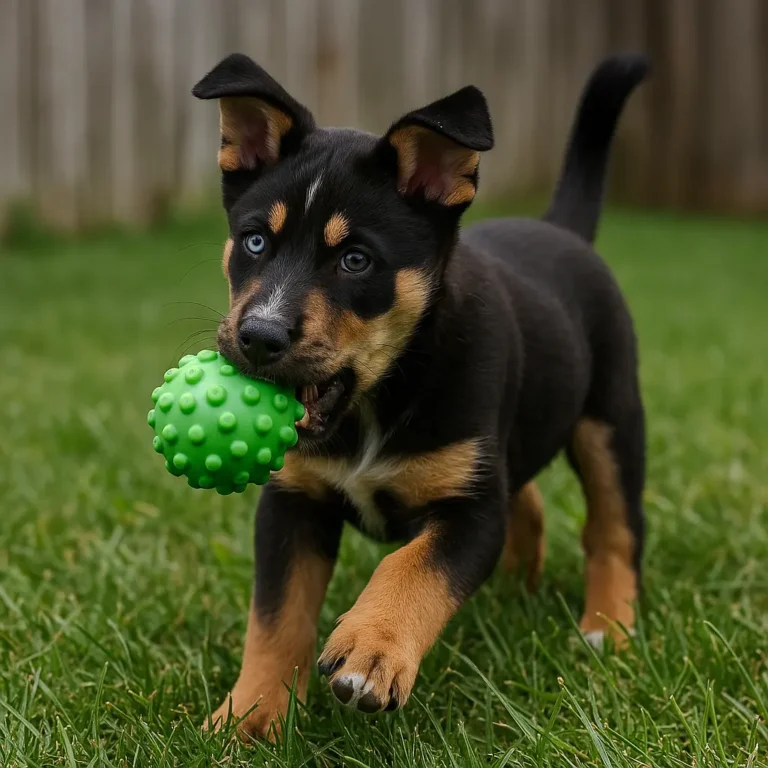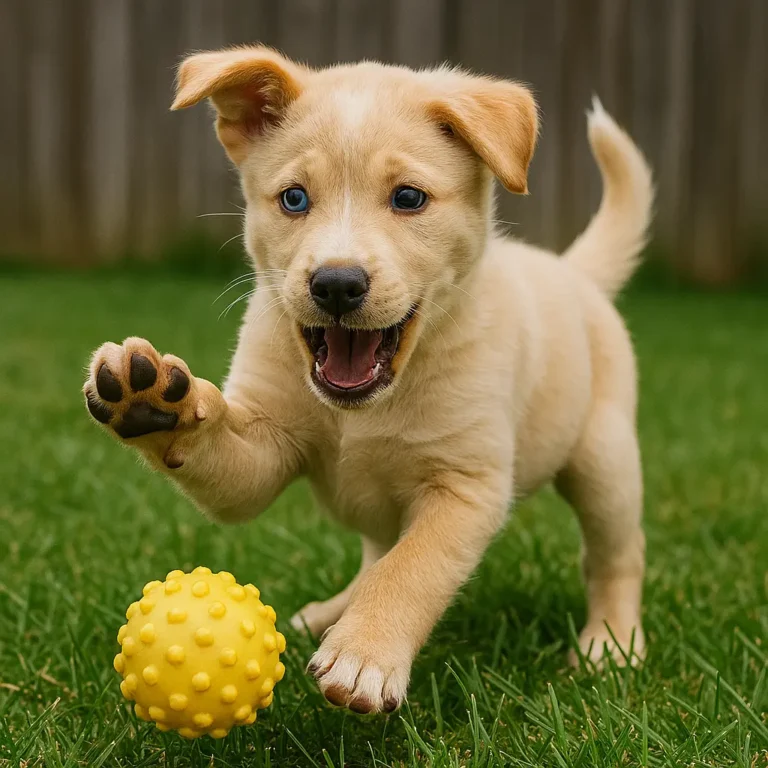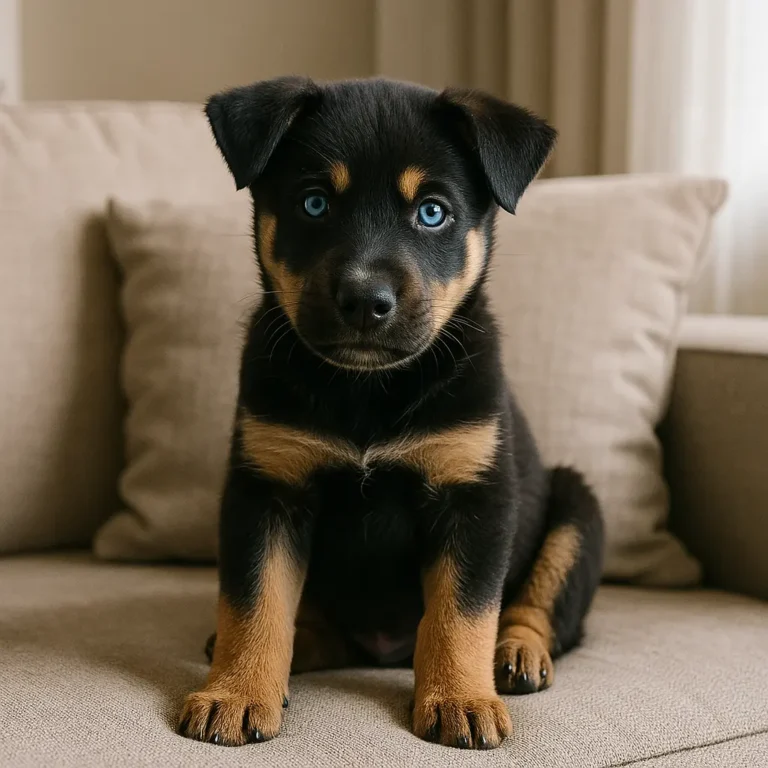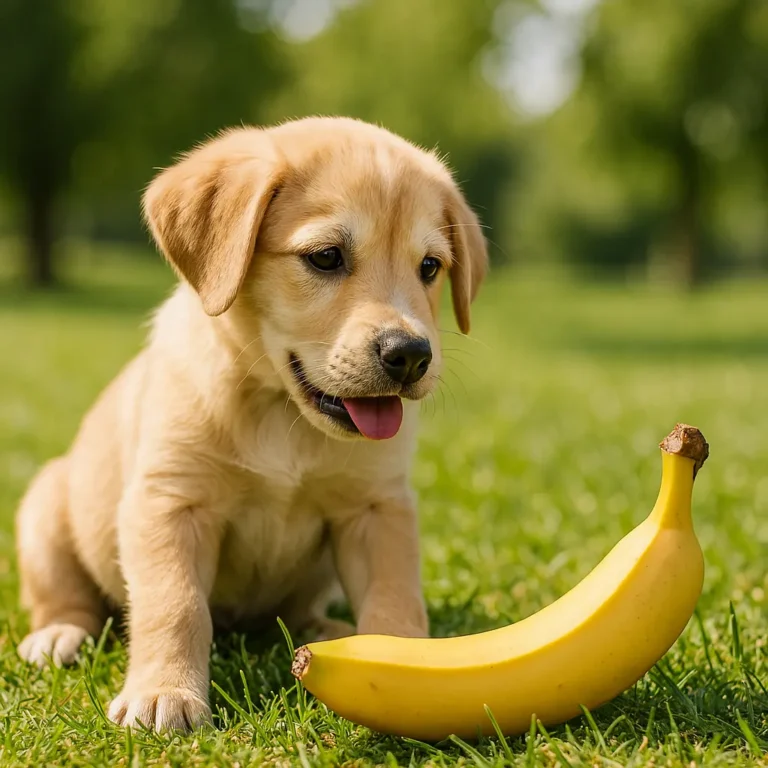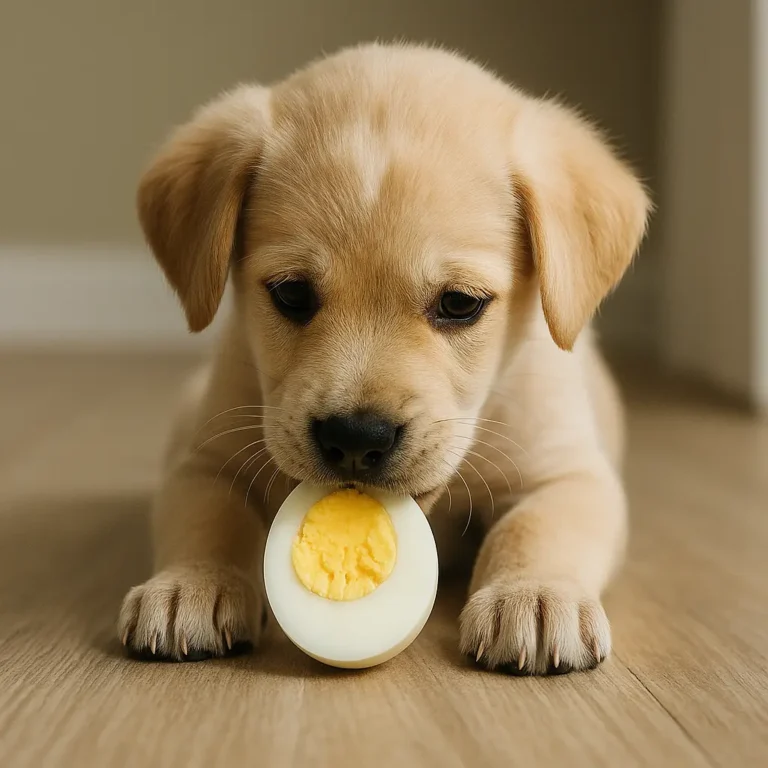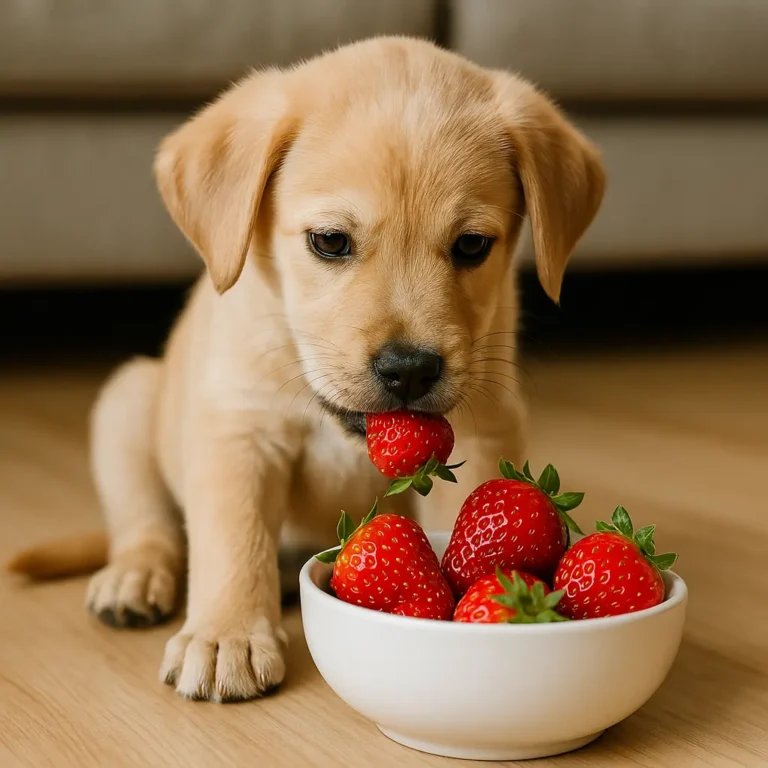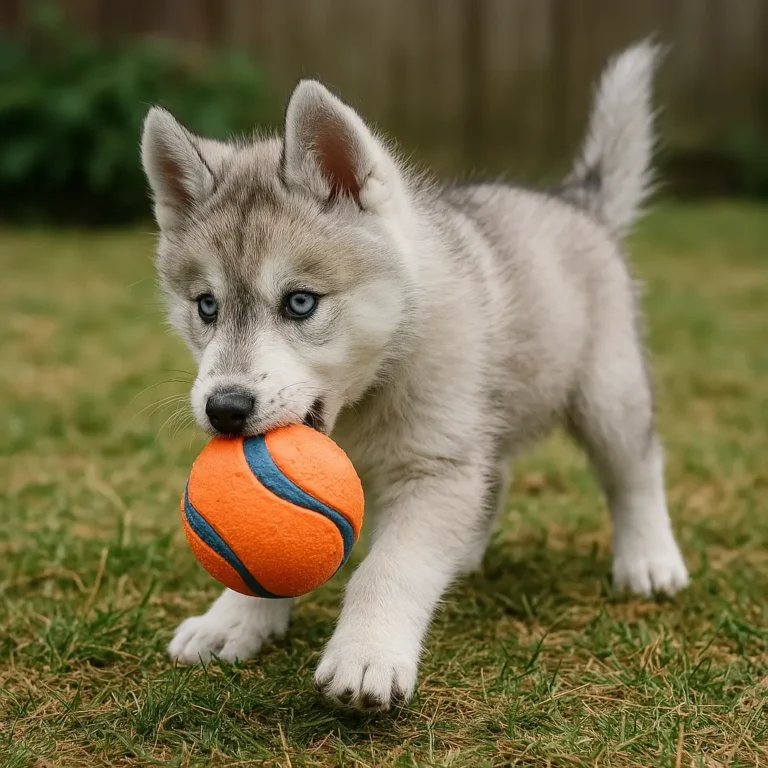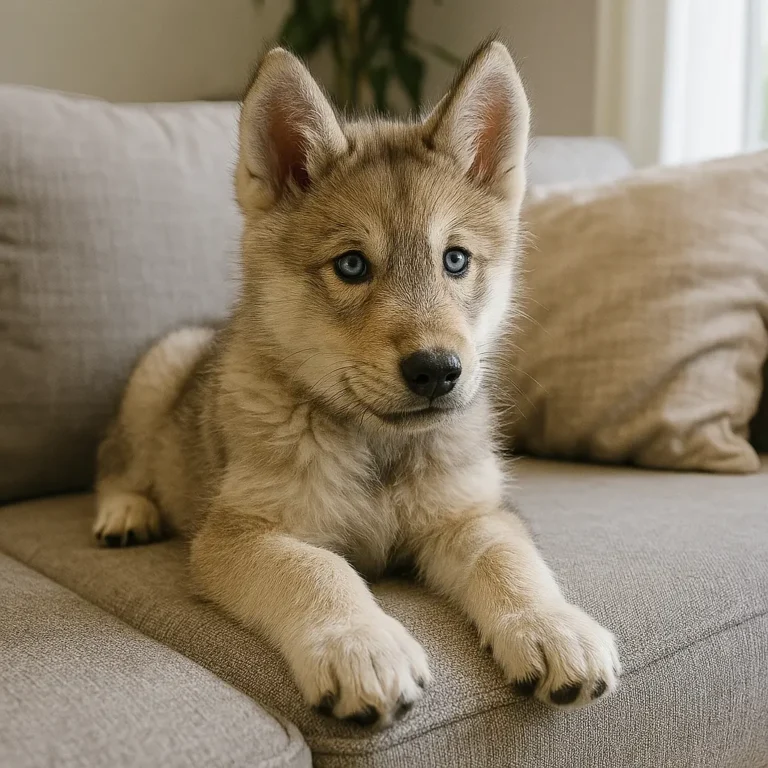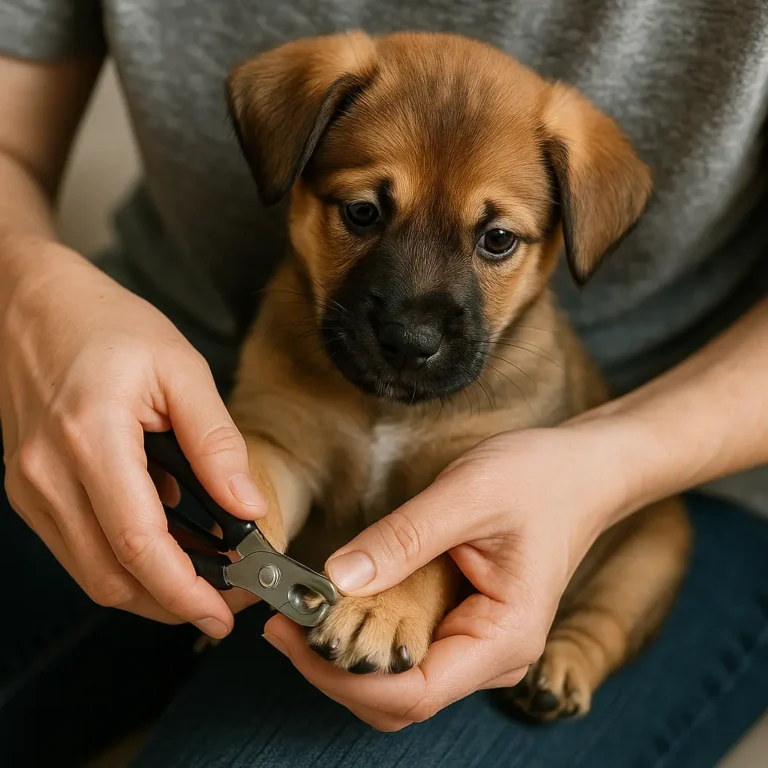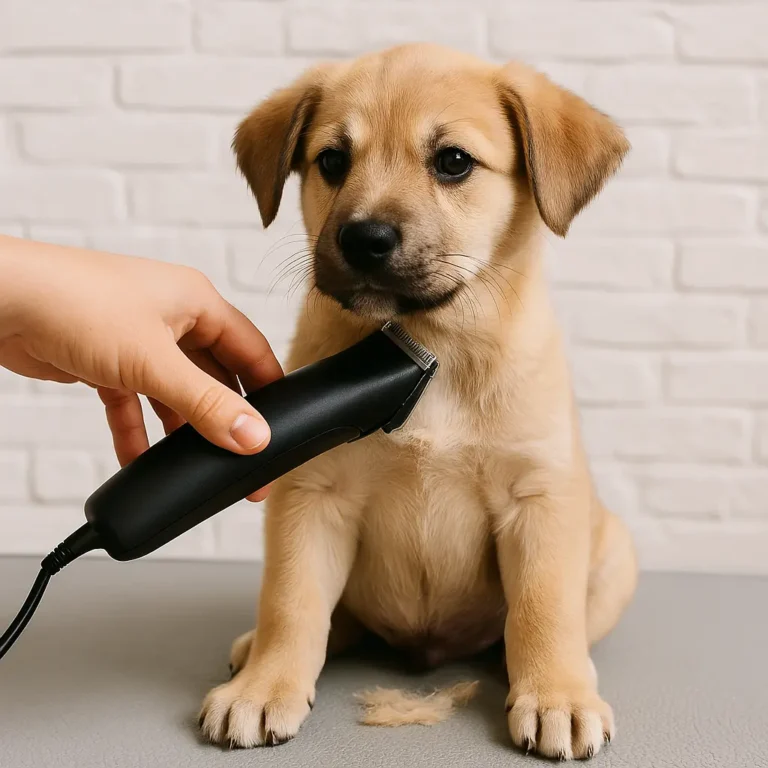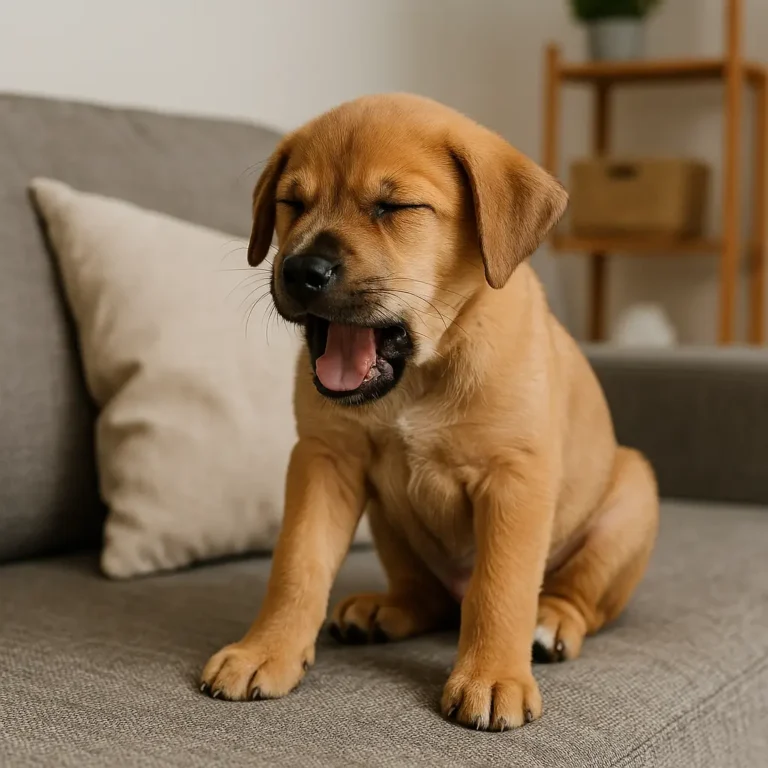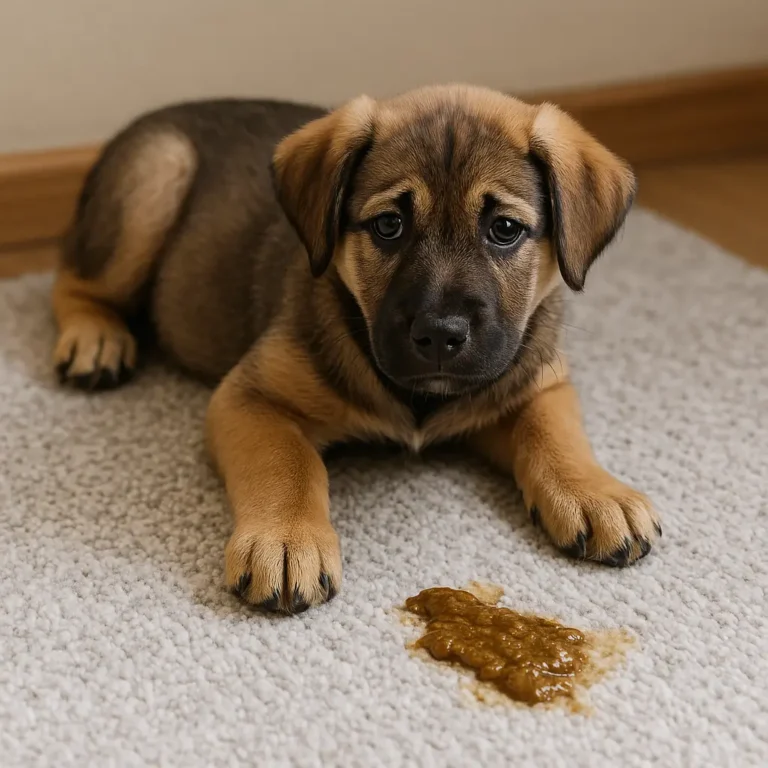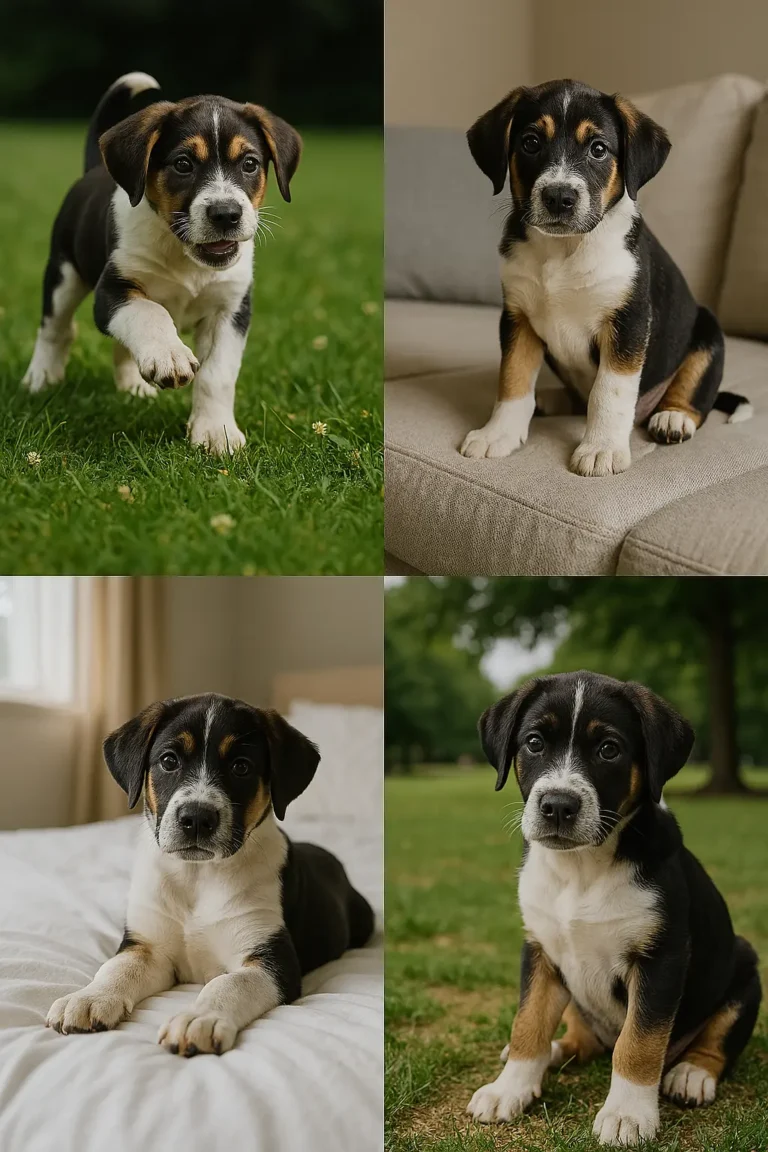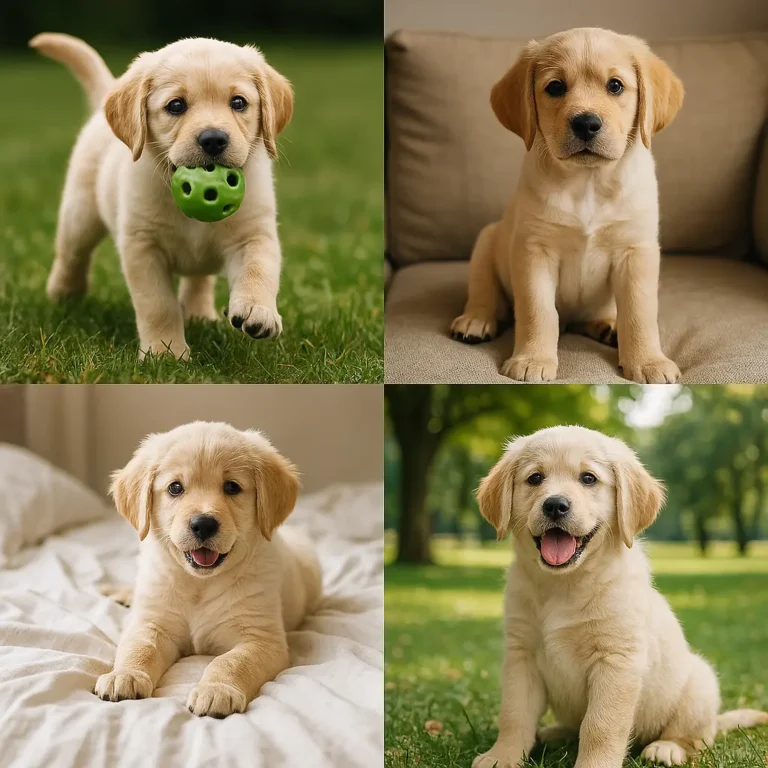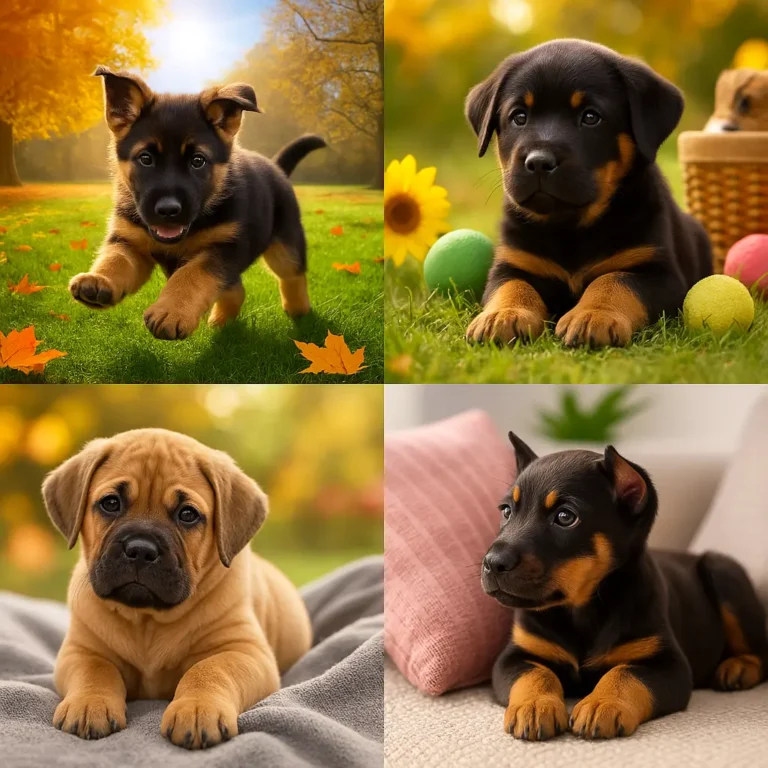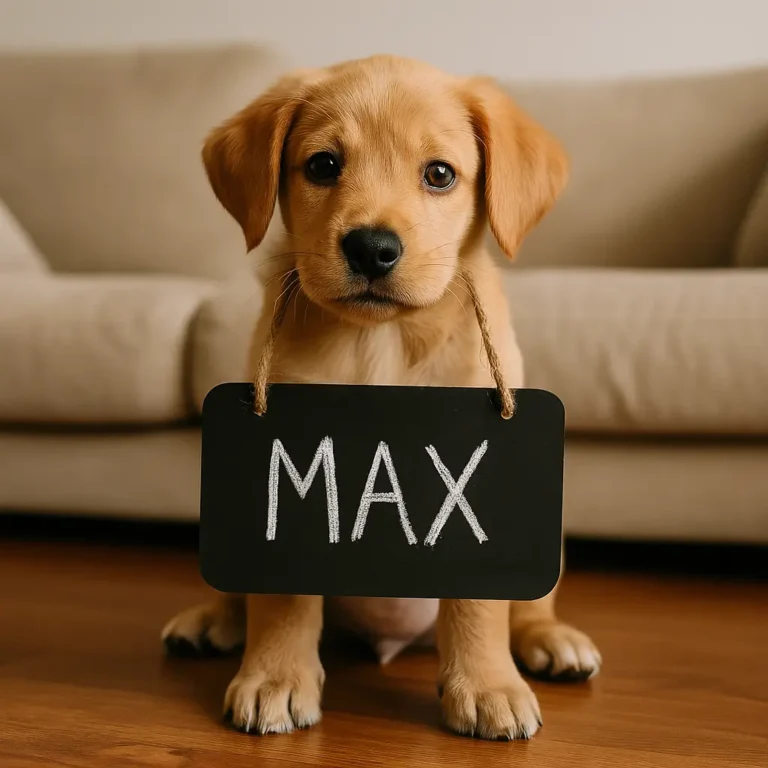Black Husky
All About the Black Husky: The Unique and Majestic Dog
The Black Husky is a striking variation of the Siberian Husky, often known for its sleek, dark coat. While the breed’s standard color typically ranges from black and white to gray, the Black Husky is entirely black, giving it a majestic and mysterious look. These dogs maintain the same vibrant personality, energetic nature, and loyalty typical of the Husky breed. The Black Husky inherits the Husky’s iconic blue or multi-colored eyes and enjoys the same high energy levels. Ideal for active families, these dogs require ample exercise and attention to stay happy and healthy. Their natural beauty, combined with their friendly and outgoing personality, makes them a popular choice among Husky enthusiasts. Whether you’re drawn to their stunning appearance or their loving, playful demeanor, the Black Husky is a unique and wonderful companion.
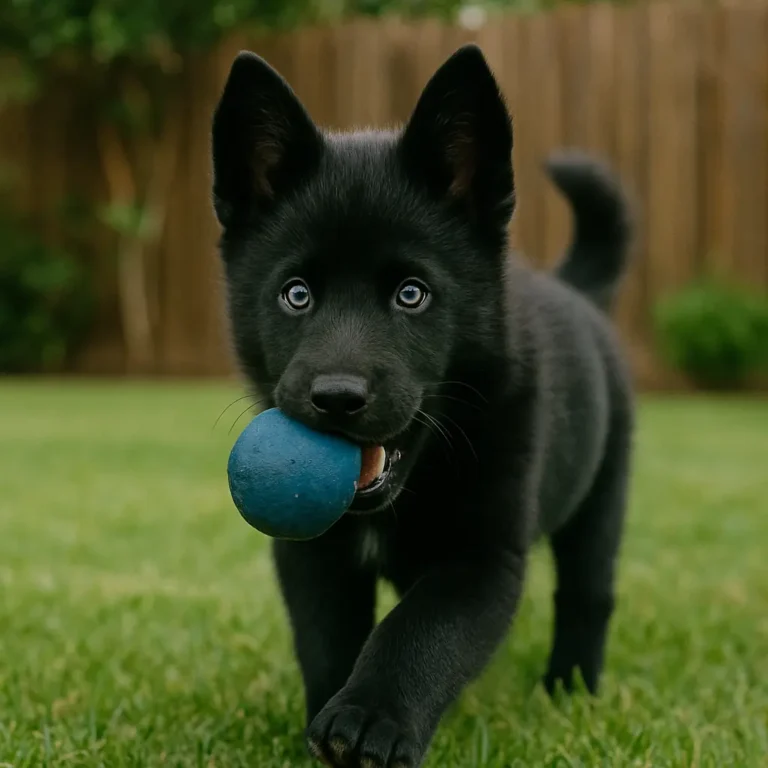
Bringing Home a Black Husky Puppy: What You Need to Know
A Black Husky puppy is full of energy, intelligence, and charm. They are known for their playful, curious nature and striking appearance. Like other Huskies, Black Husky puppies are highly energetic and will need plenty of space to run and play. They also require socialization early on to develop proper behaviors and ensure they get along with other pets and people. Proper training is a must, as Huskies can be independent and strong-willed. As your Black Husky puppy grows, you’ll see a highly intelligent and affectionate dog that enjoys outdoor activities and thrives on attention. Be prepared for an active and fun-loving puppy that will keep you on your toes and offer you a lifetime of companionship.
Breed Traits
The Black Husky is a striking variation of the Siberian Husky. Known for their all-black coat, they have strong, athletic builds and energetic personalities. They are friendly, intelligent, and loyal, making excellent companions.
The average Black Husky lifespan is around 12 to 15 years. With proper care, including a balanced diet and regular exercise, they can live a long and healthy life, often reaching their full potential in both physical and mental health.
The Black Husky typically stands between 20 to 24 inches tall at the shoulder. Like their Siberian Husky relatives, they are medium-sized dogs with strong, muscular builds that enable them to be agile and athletic.
The Black Husky weighs between 35 to 60 pounds, depending on the dog’s build. Their weight is in line with the Siberian Husky, contributing to their athletic and powerful physique, perfect for running and long-distance endurance.
The Black Husky thrives in environments with ample space for exercise. A home with a large, securely fenced yard is ideal for these energetic dogs. They enjoy cold weather, making them better suited for cooler climates. However, they can adapt to warmer weather as long as they have access to shade and fresh water. Whether you’re an active individual or a family with an outdoor lifestyle, the Black Husky will fit perfectly into an environment that offers regular exercise and mental stimulation.
Breed Characteristics
The Black Husky shares many characteristics with the Siberian Husky, including their independent nature, friendly personality, and strong work ethic. Their all-black coat makes them stand out from the typical Siberian Husky, but they still retain the breed's characteristic blue or multi-colored eyes, erect ears, and thick double coat, which requires regular grooming to prevent matting and shedding.
The Black Husky is known for its affectionate nature and makes an excellent family dog. They are good with children and get along well with other pets when properly socialized. Huskies are generally friendly and outgoing, making them wonderful companions in an active household. However, due to their high energy levels and independent nature, supervision and guidance are essential, especially with younger children. Their love for outdoor activities means they’ll thrive in homes that can keep them engaged, whether through hiking, running, or playing in the yard.
The Black Husky has a striking and majestic appearance, characterized by its all-black coat, erect ears, and sharp blue or multi-colored eyes. They possess a muscular, athletic build and a fluffy tail that curls over their back. Their strong legs and powerful frame make them well-suited for endurance activities. Their thick double coat helps protect them from harsh weather conditions, though it does require regular maintenance to prevent matting.
The Black Husky is social and enjoys being around people. They are friendly and outgoing, often displaying a playful nature with family members and other pets. However, they can be reserved or aloof around strangers. Early socialization is key to ensuring they grow up to be well-rounded, confident dogs. With consistent exposure to various people, places, and experiences, the Black Husky can become an excellent companion for all members of the family, as long as they feel secure and loved.
The Black Husky inherits the Siberian Husky’s energetic, independent, and intelligent personality. They are loyal, affectionate, and protective of their family. However, they can also be stubborn, which makes training a challenge at times. They need consistent, positive reinforcement and regular mental stimulation to prevent boredom. Though they are generally good-natured and playful, their high energy and curiosity can sometimes lead to mischievous behavior if not properly managed.
Training Your Black Husky: Essential Tips for Success
Training a Black Husky requires consistency, patience, and positive reinforcement. These dogs are highly intelligent but can be independent and stubborn, making early training crucial. They respond well to rewards and praise, but harsh methods can lead to resistance. It’s essential to establish yourself as the pack leader, guiding them with firm yet gentle commands. As natural runners and adventurers, Black Huskies enjoy engaging in active exercises and mental challenges, so incorporate games and problem-solving activities into their daily routine to keep them engaged and happy.
Black Husky History & Facts
The Black Husky is a variation of the Siberian Husky, a breed that originated in the cold Siberian regions of Russia. The Siberian Husky was initially bred by the Chukchi people for pulling sleds and herding reindeer. Over time, the breed became well-known for its stamina, intelligence, and striking appearance. The Black Husky is simply a color variation within the breed. It retains all the essential traits of the Siberian Husky, including its high energy, independent nature, and friendly demeanor, while standing out with its all-black coat.
The Black Husky is a rare and stunning variation of the Siberian Husky, known for its all-black coat and striking blue or multi-colored eyes.
Like all Huskies, the Black Husky is full of energy and requires ample exercise to stay healthy and happy.
Black Huskies are intelligent but can be independent, making them strong-willed and occasionally challenging to train.
The Black Husky thrives in colder climates due to its thick double coat, making them excellent companions for winter activities.
With proper socialization, Black Huskies are affectionate, loyal, and great with children, making them excellent family companions.
Popular Husky Mixes to Consider for Your Home
Huskies are frequently used in breeding mixes, combining their striking appearance and energetic personality with other dog breeds. Some popular Husky mixes include the German Shepherd Husky Mix, Labrador Husky Mix, and Pitbull Husky Mix. Each of these mixes retains the Husky’s charm and energy but often incorporates different traits from the other breed. If you love the Husky’s appearance but want a mix with slightly different traits, these hybrid breeds could be the perfect choice for you.
Best Diet for a Healthy Black Husky
The Black Husky requires a high-protein diet to maintain its muscular physique and active lifestyle. Opt for lean meats such as chicken, turkey, and salmon, which provide essential proteins. Whole grains like brown rice and sweet potatoes offer slow-burning energy, while omega-3 fatty acids from fish oil help improve joint health and support a shiny, healthy coat. Additionally, vegetables like spinach, carrots, and pumpkin provide vitamins, and fiber to aid digestion. Feed your Black Husky two meals per day, ensuring proper balance and maintaining energy levels for its active needs.
Black Husky: Understanding Its Behavior
The Black Husky is energetic, independent, and affectionate. It forms strong bonds with its family and loves to be active, often requiring daily exercise. Despite its independent nature, it enjoys companionship and will seek affection from its owner. This breed is playful, intelligent, and loves the outdoors.
Alertness
Protectiveness
Prey drive
Aggressiveness
Barking level
Trainability
Mental stimulation needs
Intelligence
Popular Husky Crossbreeds
Huskies are often crossbred with other breeds due to their intelligence and strength. Some popular Husky crossbreeds include:
Siberian Husky and German Shepherd Mix – Loyal, protective, and energetic.
Husky and Labrador Mix – Friendly, playful, and intelligent.
Husky and Malamute Mix – Large, strong, and independent.
Grooming Needs for the Black Husky
The Black Husky has a thick, double coat that sheds year-round, especially during shedding seasons. Regular brushing two to three times a week is essential to manage shedding. Occasional baths will help maintain cleanliness. It’s also important to trim nails, clean ears, and maintain oral hygiene regularly. Due to its dense coat, grooming is necessary to avoid matting and to keep the coat healthy and shiny.
Physical Attributes: A Majestic, Strong Presence
The Black Husky has an imposing, wolf-like appearance. With a sturdy build, powerful legs, and a muscular frame, they are built for stamina and strength. Their piercing eyes, often blue or amber, complement their striking black coat. They possess erect ears and a bushy tail, showcasing the traditional Husky traits, with an added touch of mystery and elegance.
Breed Size
Colours
Coat
Drooling
Snoring
Exercise Needs
Grooming Needs
Aggressiveness
Health: Common Health Concerns
While generally healthy, the Black Husky can be prone to certain genetic health conditions inherited from their parent breeds. These include:
Hip Dysplasia: A malformation of the hip joint, common in larger dogs.
Progressive Retinal Atrophy: A degenerative eye disease.
Hypothyroidism: A thyroid condition that can cause lethargy and weight gain.
Allergies: Huskies can be prone to skin allergies or food sensitivities.
Regular vet check-ups and a balanced diet are essential for maintaining their health and well-being.
Dog Breed Size: Medium to Large and Highly Active
The Black Husky is considered a medium to large-sized dog, typically weighing between 35-60 pounds and standing about 20-24 inches tall at the shoulder. With their sturdy build and active lifestyle, these dogs thrive in homes with plenty of space for running and playing. They are well-suited for active families or individuals who enjoy outdoor activities like hiking, running, or even dog sports such as agility or sledding.
Black Huskies faq
Are Black Huskies good family dogs?
Do Black Huskies shed a lot?
How much exercise do Black Huskies need?
Are Black Huskies aggressive?
What is the lifespan of a Black Husky?
Are Black Huskies good with children?
How much grooming do Black Huskies need?
Can Black Huskies live in apartments?
Dog Life: Thriving with the Black Husky
The Black Husky is a loving, energetic dog that thrives in environments where they are given plenty of physical activity. They are great family pets and enjoy being involved in outdoor adventures. Their intelligence and loyalty make them excellent companions, though they require consistent training to ensure they behave well around people and other pets. This breed is ideal for active owners who can meet their high exercise needs. Their playful nature and protective instincts will keep them loyal to their family for many years.
The Black Husky is a beautiful, energetic, and loyal breed that is perfect for active families or individuals. Their striking appearance, combined with their affectionate nature, makes them great companions. However, they do require a lot of exercise, grooming, and socialization. If you are prepared for their needs, a Black Husky can become a wonderful addition to your family, providing years of joy, love, and adventure.

